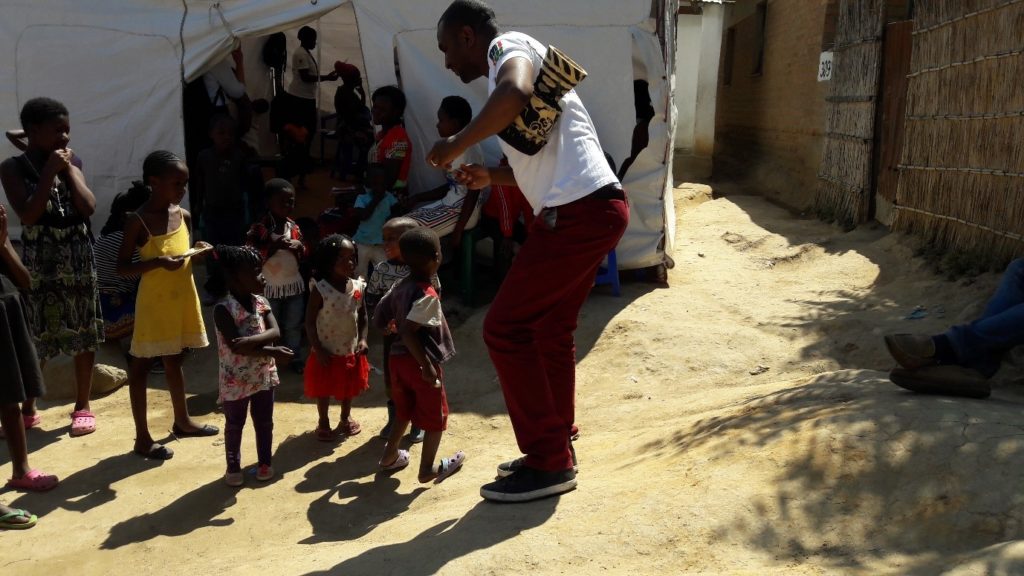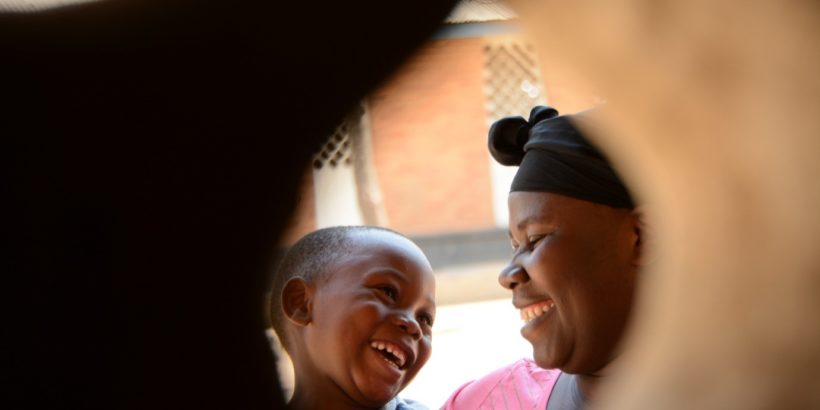Malawi has taken more than just a step―they’ve taken a huge leap forward in the battle against typhoid. The Malawi Liverpool Wellcome Trust (MLW) is leading the effort in sub-Saharan Africa to vaccinate children with the World Health Organization’s first, and currently only, prequalified typhoid conjugate vaccine (TCV). The vaccine efficacy study is the biggest of its kind to ever be conducted in Blantyre, Malawi.
We used local schools in urban areas of Ndirande and Zingwangwa as vaccination sites. Vaccinating in local schools meant carrying the vaccines in credo cubes daily, both to and from the vaccination locations to the MLW pharmacy. Credo cubes were also used for storing the vaccines during the entire vaccination session. Temperature monitors were used to ensure the vaccines were within the required temperature range; they set off a warning alarm in case of any temperature deviation.
Our team developed innovative strategies of community engagement, which proved to be a very efficient and effective form of recruitment for a vaccination cohort of more than 28,000 children. The schools were convenient and children did not have to miss school to get the vaccination. Parents were easily invited through letters sent home from school, and they could bring their younger children to get vaccinated as well.
Even during school holidays, vaccinations continued in schools. During the holidays, parents were invited through the use of a mobile van that went into the community spreading the message about the study and playing a jingle written by John, the pharmacist. The team also entertained mothers and children at the vaccination locations with traditional music and messaging about the importance of TCV.

People ask us why we go to all the effort to vaccinate these children. The answer to their question is that typhoid is a vaccine preventable disease associated with significant morbidity and mortality in Malawi. Vaccines are one of the most cost-effective health care interventions there are. A dollar spent on childhood vaccination not only helps save a life, but greatly reduces spending on future health care. Global typhoid control and prevention is a bigger question, but we are hoping our work in Malawi will provide additional data that will assist other countries considering vaccine introduction in deciding how to best employ this vaccine.
Read more in the American Journal of Tropical Medicine and Hygiene.
Photos: Priyanka Patel



